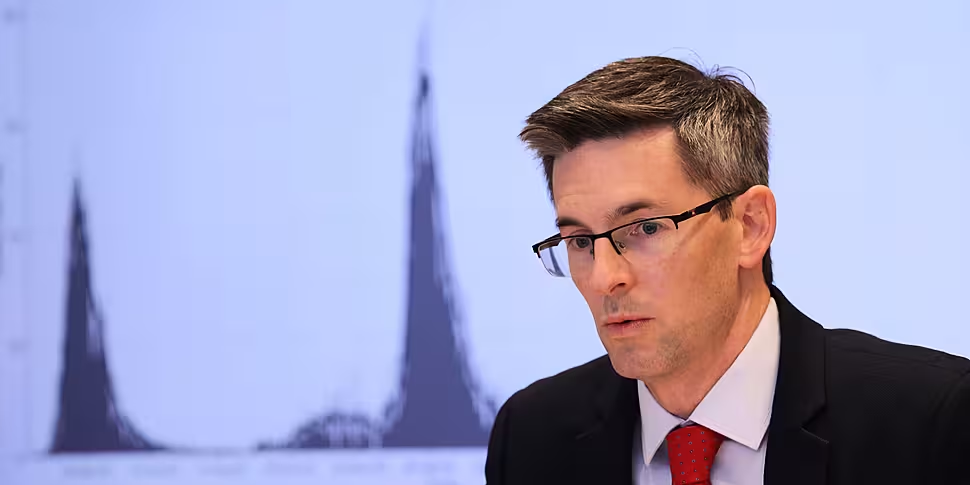Dr Ronan Glynn has dismissed suggestions that health officials don't trust the public to use antigen tests properly.
However, the Deputy Chief Medical Officer says there's data clearly showing that people aren't using the rapid tests correctly.
NPHET has long been hesitant to recommend the wider use of antigen tests in the community, although they have recently recommended people engaged in 'high-risk' activities should be using the tests regularly.
Nonetheless, there has been strong criticism of officials' messaging around the self-administered tests - with Fine Gael Senator Regina Doherty suggesting the messaging has been 'insulting and paternalistic'.
On The Pat Kenny Show, Dr Glynn pushed back against such suggestions.
He said: “There’s this kind of false assertion that we don’t trust people to use [antigen tests] properly. I want to put that to bed.
“It’s not that we don’t trust people to use them properly - it’s that our data is telling us that people are not using them properly.”
The deputy CMO said their data shows one-in-five people used an antigen test last week.
However, he said it also shows that as many as 200,000 people with symptoms took an antigen test, got a negative result and then did not isolate.
He said: “That’s why we’re so concerned about people using antigen tests - too many people are interpreting a negative result as implying they do not have COVID-19."
PCR tests
The comments come as many members of the public continue to struggle to book a timely PCR test.
There are no PCR tests available to book in at least ten counties across the country this morning.
Dr Glynn said it's understandable that people are frustrated when they're unable to book a test easily.
However, he urged people to "take a step back" and consider the level of demand at the moment.
He said: “From our data, it appears that somewhere between 10% and 20% of adults and children in this country have had flu or cold or COVID like symptoms in the past week - that’s around 700,000 people.
"There’s no testing system in the world that’s going to be able to manage that demand. At a point in time, the system is going to have to prioritise
“Of course we’re trying to up the testing and get people tested as quickly as possible… but ultimately the test is not the public health intervention.”
He said the most important advice is that anyone with COVID symptoms needs to stay at home and restrict their movements until 48 hours after their symptoms have passed.
That means anyone who wakes up with a cough is looking at “four to five days at a minimum” at home, even if their PCR test result is negative.
Dr Glynn also said it's "simply too early to say" whether NPHET will be recommending more restrictions to deal with the current surge of cases.
However, he said there are already promising signs of people reducing their social contacts.









